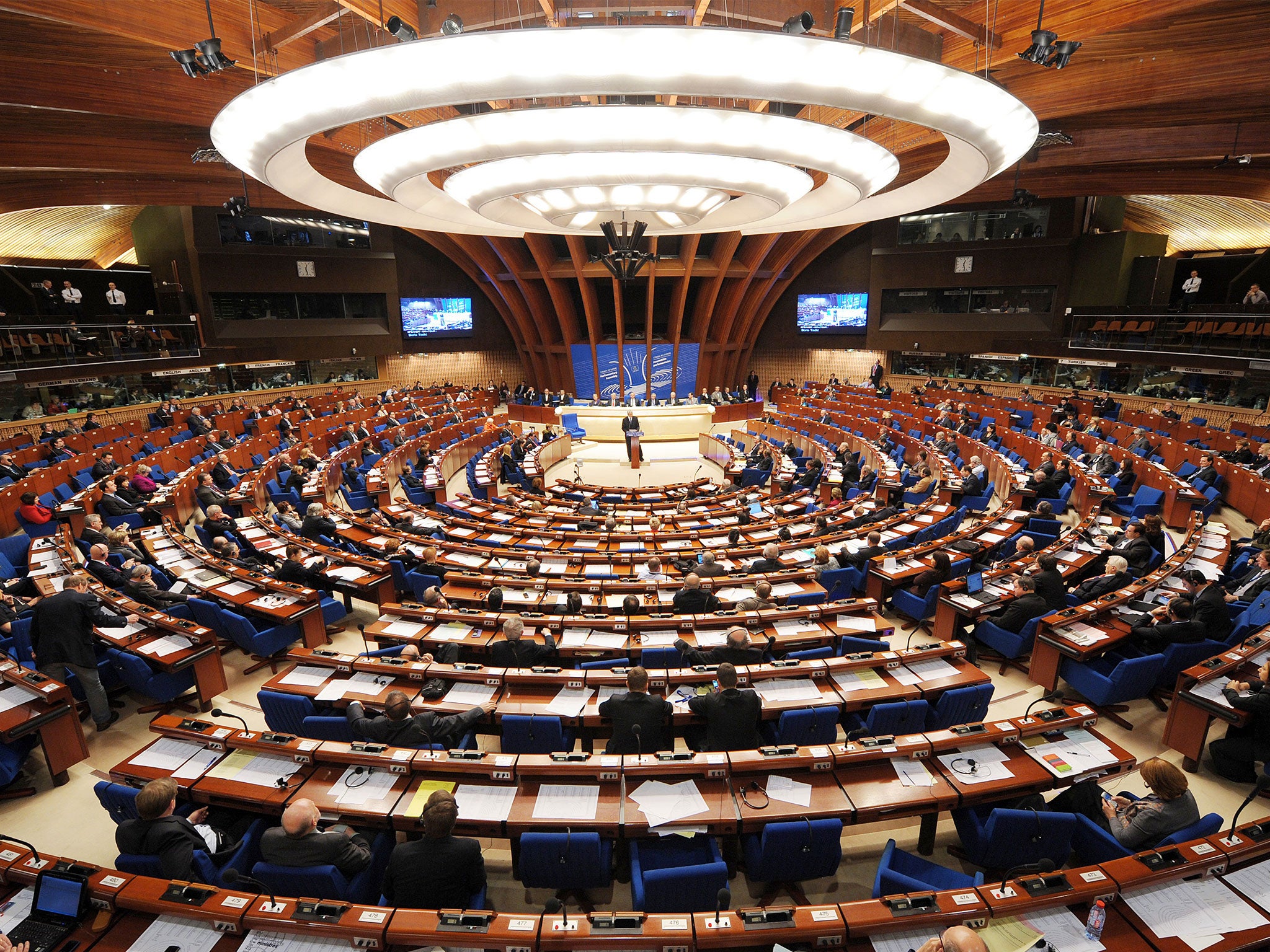Democracy and human rights should not become the collateral damages of the coronavirus pandemic
The struggle for the defense of democracy is continuous and daily. It will not end when the pandemic is over. A new European ‘charter’ aims to ensure its future protection

Your support helps us to tell the story
From reproductive rights to climate change to Big Tech, The Independent is on the ground when the story is developing. Whether it's investigating the financials of Elon Musk's pro-Trump PAC or producing our latest documentary, 'The A Word', which shines a light on the American women fighting for reproductive rights, we know how important it is to parse out the facts from the messaging.
At such a critical moment in US history, we need reporters on the ground. Your donation allows us to keep sending journalists to speak to both sides of the story.
The Independent is trusted by Americans across the entire political spectrum. And unlike many other quality news outlets, we choose not to lock Americans out of our reporting and analysis with paywalls. We believe quality journalism should be available to everyone, paid for by those who can afford it.
Your support makes all the difference.The Greek chairmanship of the Committee of Ministers of the Council of Europe has come to an end. A six-month journey that brought Greece to the forefront of discussions on democracy, the rule of law and the protection of human rights will end on 18 November, having meanwhile left its special mark on the Council.
From the outset, chairing an organisation of 47 member states representing a total population of 850 million people, at the exact moment when they were subject to restrictions due to the Covid-19, proved to be a major challenge. But we eventually succeeded in transforming this challenge into an opportunity to grasp anew the values of the oldest European political organisation, and moreover under conditions unprecedented in peacetime.
Indeed, the pandemic tested not only our lives, but also our democracies, as it had also happened 2,500 years ago with the plague of Athens. It was not only a question of human vulnerability, but also of the state, of institutions, of the economy.
We witnessed a restriction of fundamental human freedoms, always in the name of the protection of public health, such as free movement, work, the practice of sports, the right to assembly, access to justice, or even the right to vote. We have also seen media overwhelmed by fake news, judicial systems put to the test, locally elected officials dismissed, and national elections postponed.
Six months later, we dare say that our choice to have focused the Greek chairmanship on the protection of fundamental human rights, as well as of tolerance and respect that guarantee the conditions for democratic coexistence in the event of a pandemic, proves to have been right.
Throughout the e-chairmanship - that we implemented for the first time in the history of the Council - we clearly stressed that democracy, the rule of law and human rights should not become the collateral damages of this sanitary crisis. That discrimination and social stigmatisation of vulnerable social groups would not be tolerated. That access to healthcare must be unhindered for all. That, if human rights restrictions are indeed to be imposed at some point in time, they must be temporary, proportionate and constantly reviewed.
The Greek chairmanship intends to incorporate these principles into a single text - an enduring legacy. This will be the declaration of 4 November, which, by a fortunate coincidence, will be signed in Athens, at the very birthplace of democracy, next Wednesday during the 130th session of the Committee of Ministers of the Council. This also coincides with the celebration of the 70th anniversary of the signing of the European Convention on Human Rights.
This is a legal and political text which, for the first time, will establish guidelines for the protection of democracy, the rule of law and human rights in situations of crisis, such as a pandemic. And we aspire that it will serve as a useful emergency roadmap for future generations, as a new "charter" of human rights.
The creation of the Observatory for the Study and Teaching of History is another important legacy of the Greek presidency. A valuable tool in the fight against dangerous revisionisms and attempts to falsify historical truth.
The struggle for the defense of democracy is continuous and daily. It will not end when the pandemic is over. However, we are convinced that with the end of the Greek chairmanship of the Committee of Ministers of the Council of Europe, the spirit of democracy has been strengthened and European citizens - especially the younger ones - have been made more aware of it. And that is yet another achievement for the Greek chairmanship.
For, as Thomas Jefferson said, the price of liberty is eternal vigilance.
Miltiadis Varvitsiotis is the Greek alternate minister of foreign affairs




Join our commenting forum
Join thought-provoking conversations, follow other Independent readers and see their replies
Comments